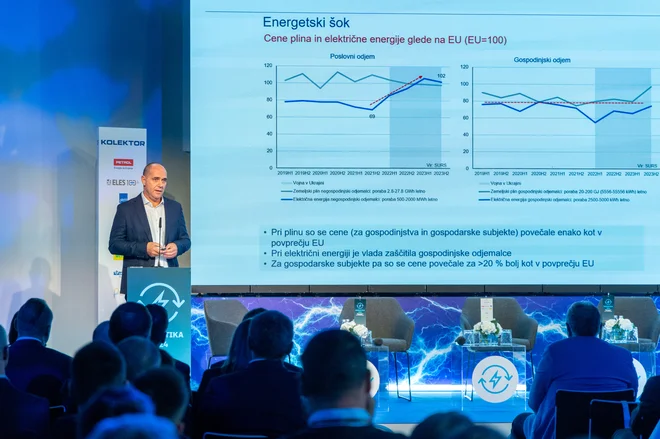
- Torek, 15. julij 2025
- Delo home
-
Neomejen dostop | že od 14,99€
Damijan: Jek 2 is essential for stable and low electricity prices

The second block of the Krško nuclear power plant (Jek 2) brings energy independence and stable and reliable supply at competitive prices. These are essential to prevent deindustrialization in Slovenia, which would also affect economic growth, concluded economist Dr. Jože P. Damijan at the Delo Energy Conference.
He initially pointed out that gas prices in Europe are currently 60 to 70 percent higher and electricity prices are 140 percent higher than before the start of the war in Ukraine. Energy costs are thus even higher than in the USA and China.
"At these consumption prices, it is difficult to be competitive," said the economist. Therefore, consumption in the Slovenian economy has decreased by a good 16 percent since 2021. This indicates a decline in industrial production in energy-intensive sectors. In five sectors that together consume almost 50 percent of the energy in the economy and have a 25 percent share in production, exports, and industrial employment, industrial production has fallen by 15 percent compared to 2021. "Expensive electricity leads to deindustrialization," said Jože P. Damijan.
The problem is that this material industry produces materials for all other sectors. Without aluminum production, we cannot produce solar panels. The European Union also wants to achieve autonomy in the field of materials.
So how to proceed? Slovenia cannot do much about gas. Without Russian gas, the prices of this energy source will be high, which is why the war in Ukraine must end as soon as possible, said Damijan.
However, it is different with the supply of electricity. The speaker compared two concepts. The first is based on renewable energy sources (RES), gas, and imports, and the second on a combination of nuclear energy and RES. Damijan advocates the latter and the construction of Jek 2, as Slovenia will be independent of prices on wholesale markets, will become an exporter instead of an importer of electricity, and the supply will be reliable. "The price of electricity in the RES concept will be almost twice as high or 50 to 80 euros per megawatt-hour as in the concept with Jek 2," he added.
"It is not only important which reactor and supplier we choose, but also how we will finance the construction. The economically more sustainable model amid fluctuating electricity prices on the European market is the one that includes a higher share of equity capital (for example, also from Croatia and private capital) rather than a model with predominant debt financing. Some nuclear technology suppliers can also provide financing through their financial institutions, so the choice of supplier will also affect the price of electricity from Jek 2.
Electricity price and energy efficiency
How the price of electricity and energy efficiency are challenges for competitiveness was discussed with moderator Slavko Bobovnik by mag. Uroš Salobir, director of the strategic innovations department at Eles, Marko Ninčević, board member of Petrol, mag. Matija Bitenc, management board member at Plinovodi, and Dr. Tomaž Vuk, CEO of Alpacem Cement.
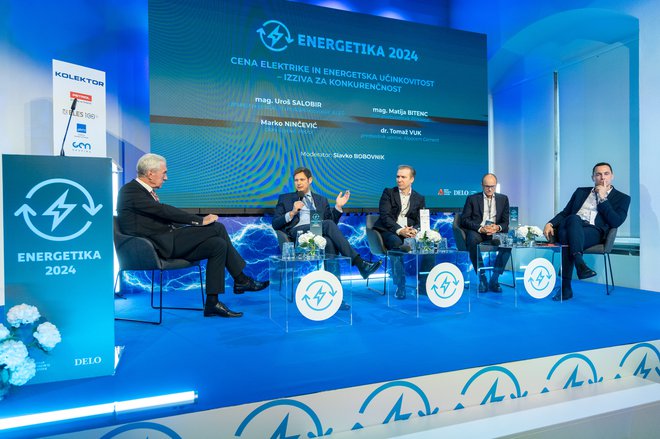
Bobovnik asked the participants whether economists could not calculate ten years ago, or whether the directors of Slovenian or European companies did not visit China and India, as everyone is now surprised to find that energy is cheaper there and that products are also cheaper and equally, if not more, high-quality. What happened to us, were we too focused on ourselves?
Matija Bitenc called this a difficult question. According to him, European industrial policy, as it was conducted, was based on Russian gas. "We must honestly admit this. And overnight, this gas was no longer available, and the consequences are here. Europe has found itself in a situation that is very difficult to manage. Draghi's report very nicely describes the problems in the gas market with the increase in LNG imports, as Europe simply does not have the bargaining power to secure better purchasing conditions. It has squandered its economic power to negotiate in this way. At the same time, we know that it is very fragmented and divided.
Each country negotiates for itself. And we simply do not know how to create a common platform, a common initiative, to negotiate as Europe, because as Europe, we are the largest gas importer in the world. We can look at examples, also mentioned in Draghi's report, examples of South Korea and Japan. These countries are dependent on LNG and have vertically integrated along the value chain, are present at terminals with equity stakes, have booked capacities, and thus secure significantly better prices," explained Bitenc.
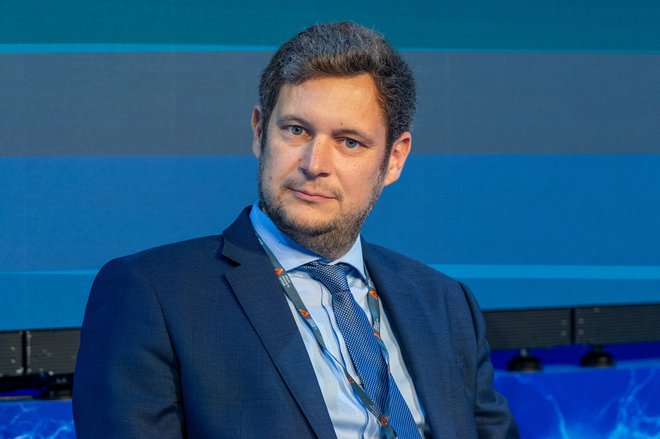
And he added that if we now compare, for example, the price quotations on the American stock exchange and the price in Europe, the differences today are four to five times. "If we look at it from another perspective, with a better bargaining position, we could book capacities or have capacities on the American side, get the gas price at the American stock exchange price, with a small premium, bring this gas to Europe, pay for shipping, insurance, liquefaction, etc., and this price could be somewhere around 15 euros; if we compare today's price, the cost price of imports, and the actual price achieved on European exchanges."
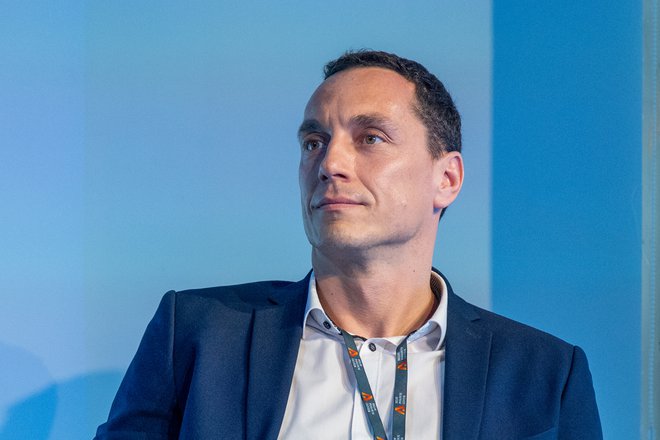
Oil prices are currently stable, said Ninčević, but this can change very quickly due to geopolitical tensions. From 76 or 77 euros per barrel, prices could rise significantly. It is good that stocks in Slovenia are sufficient to bridge shorter crises.
Due to the new network fee system, operators will not receive a single euro more, said Salobir, but if we do not go into reform, electricity will cost much more. With the new network fees, which households will not feel, but industry will, the economy is being prepared for the future, says Salobir. Ninčević added that taxes and levies on electricity account for 45 percent of the bill, and on oil derivatives, 55 percent of the bill, so changes could also be made in this area. Salobir also believes that market prices have a much greater impact than network fees.
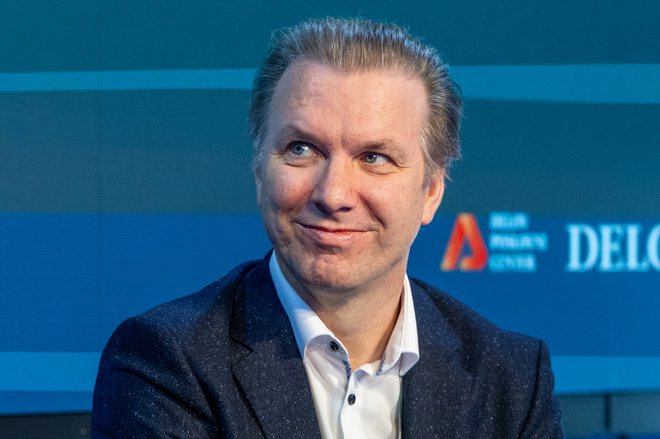
Bitenc said that gas consumption in Slovenia is even slightly increasing this year, while it fell during the crisis, especially in industry. Slovenia does not have the power to change anything regarding the supply of more expensive gas, this is a problem for the whole of Europe. He agrees with the new network fees for electricity, as they are fairer. Those who burden the network more also pay more. This also applies to the gas network; those who book more capacity must pay more.
The change in gas flows dictated the strengthening of connections with Italy and Croatia. The European hydrogen backbone is already planned. Plinovodi has 60 percent of pipelines that will be able to carry hydrogen.
No one talked about upgrading the networks when solar power plants began to appear massively, said Salobir, adding that investing in the network is necessary, but it is not necessary to invest four billion euros. If they can now connect all the photovoltaics that were announced for 2023, things are going in the right direction, says Salobir, adding that European money can also be used for such projects.
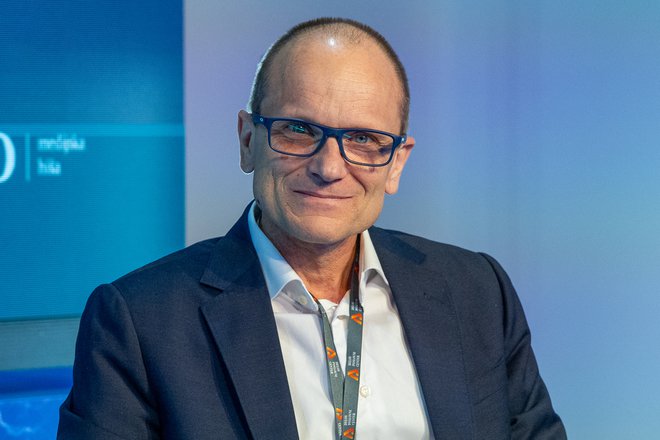
There are 630,000 charging stations in Europe, and by 2030, 3,500,000 will need to be installed, according to European plans. Ninčević believes this is not realistically achievable. From 70 to 80 percent of charging happens at home, and for public charging stations, the main issue is hosting. The commitment to transition to electromobility, which the EU has decided on, was described by Ninčević as a wish list. Salobir pointed out that the sale of electric cars has indeed declined, but this can change with the Chinese offer of cars.
And what are the concerns
Salobir is most concerned about Europe's obsolescence in the context of green transition technologies because this is very connected to digitalization and technological development, it is very connected to what America is doing on the west coast, where the price of energy is not so cheap, but they know how to create enormous benefits with technological companies. "All the devices we carry in our pockets are mostly American-made or some copies. And on the other hand, China is overtaking us massively with electric vehicles, with everything green, from panels to production, and this is a problem that I see mainly in the lack of European incentive, innovation. This means we do not have these venture capital funds, we do not realize the full importance of this, we do not work enough in these areas, and this is something that may not be directly related to the supply of energy sources, but it is a general European culture that Draghi also very explicitly highlights. That is, Europe lacks technological giants. And this is one of the very important aspects."
_____________
The article was translated into English with the help of artificial intelligence and is part of a limited beta phase project. As we are advancing our translation capabilities, potential language errors still may occur. We apologize for the inconvenience.

Komentarji